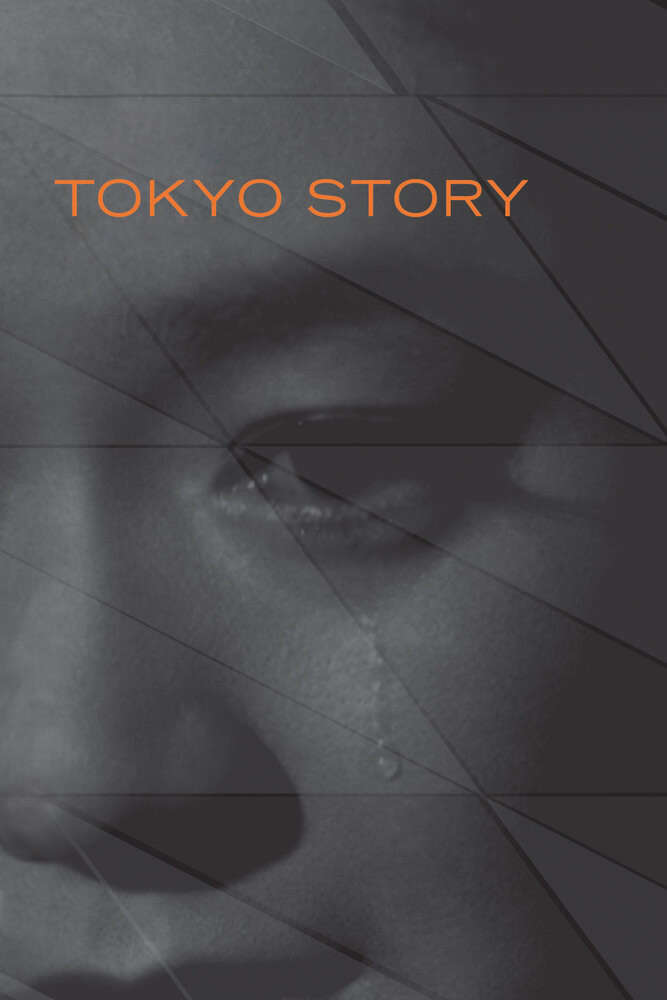When I tried to review Seven Samurai it was a nerve-wrecking undertaking because not only was it one of the greatest films of all time, but one of my personal top 5. While this is also a masterpiece film, I feel less pressure so I can critique a little easier. This film came early on in Ozu's legendary postwar run, but is rightly hailed as him at the height of his powers. He takes all the themes and feelings close to him and, with his top lieutenants Chishū Ryū and Setsuko Hara in top form (along with an incredible performance by Chieko Higashiyama), made his defining statement on life in modern Japan. I can't say it is a film I watch often, but it is one that sticks with you with its crushing sadness.
The generation conflict reaches its balance here. We get the look at both parents and children being mutually put-off by each other with the exception of the youngest daughter and war -widowed daughter-in-law. Besides them, all of the other kids come off as absolute villains. Of course, the father is also shown to not be a saint either (once again Chishū Ryū is playing a character way older than him). Hara as the daughter-in-law is a solider here—both for her in-laws in the movie and Ozu as an expert actress. Kyoko Kagawa (an actress who was an Akira Kurosawa/Kenji Mizoguchi main-stay) is used as the audience surrogate as the youngest daughter. She is the obvious future that this movie can maybe-optimistically point to.
 |
| Setsuko Hara in the foreground; Yasujiro Ozu at the far right. |
I doubt I will watch this film too many more times given how soul-crushing it is even when compared to other sad films, but I am glad to have watched it at least twice.

No comments:
Post a Comment